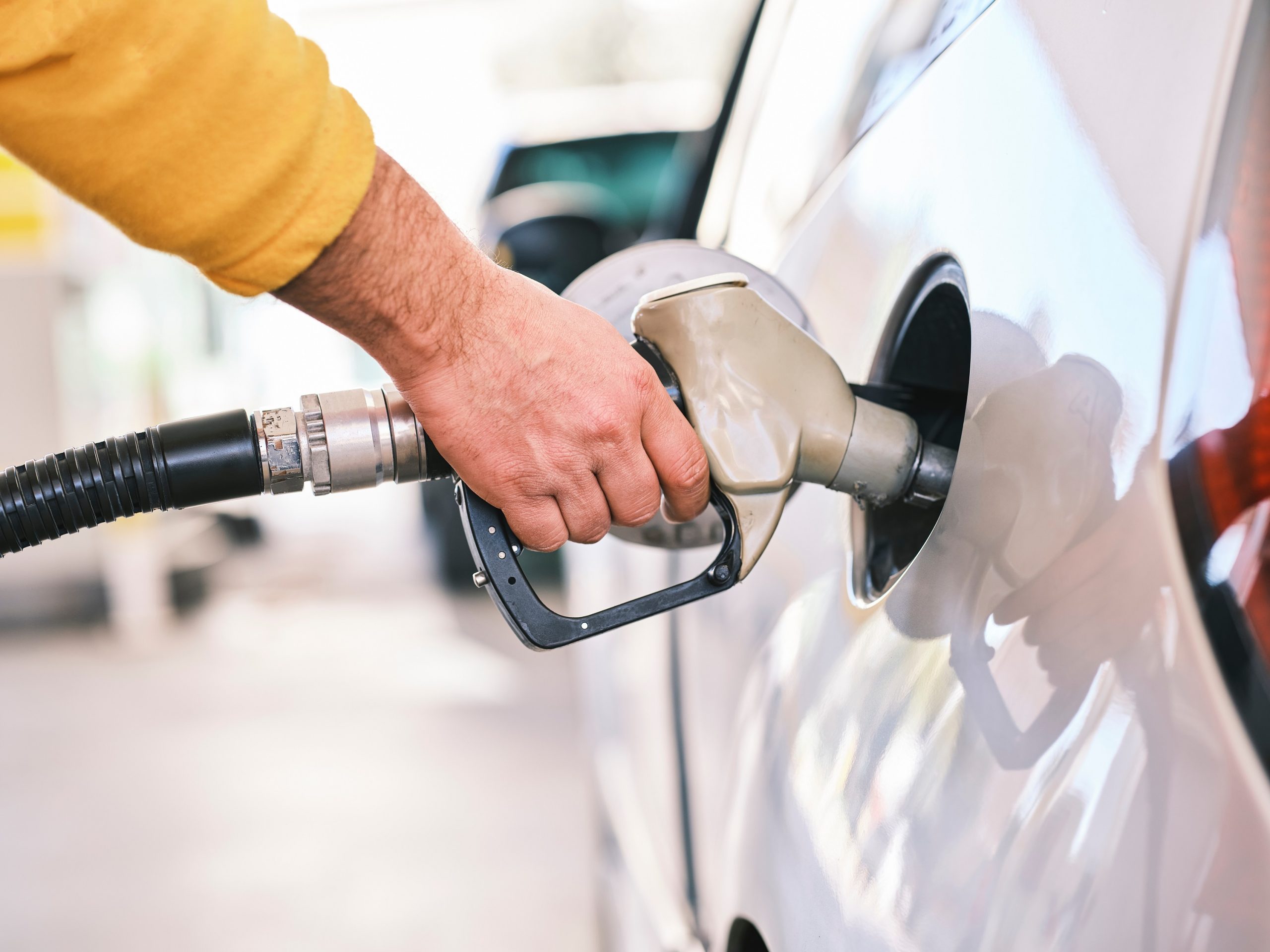These are interesting times for economist and energy expert Aad Correljé. The coronavirus is restricting globalisation and, for the first time, the price of oil is negative.
(Foto: engin akyurt / Unsplash)
“Look, it’s actually quite simple,” says energy expert Dr Aad Correljé (Faculty of Technology, Policy and Management), “you can’t just empty oil into ditches, as farmers used to do with milk if they had too much. If demand drops but you are contractually bound to buy oil, you have to do something with it. Transport and storage are expensive and this means that the price can become negative.”
This was big news last month in the economic publications: the American oil price was negative for the first time in history. The price of a barrel of 159 litres of West Texas Intermediate raw oil on 20 April was USD -37. Anyone taking a barrel received payment. Since then the price has crept up to USD 25.
‘The price had never been negative before’
“Yes, it was a unique situation,” says Correljé. “The price had never been negative before. During the economic crisis of 2008, it was still a few dollars a barrel even at its deepest point. Nevertheless, it is hardly surprising. It is simply the outcome of supply and demand. The price will drop below zero again soon because contracts will expire and those contracts mean that a huge amount of oil will be available on the market. And the storage capacity in Cushing, Oklahoma, where all the oil pipes from all over the USA converge, is limited.”
So oil companies will face problems. Can the low oil price speed up the transition to sustainable energy?
“Perhaps. If government support to companies is coupled with sustainability requirements. We still have to see what happens. What is more interesting is the effects of corona on global trade.”
What kind of effects?
“Transaction and negotiation costs are much higher now. We used to have a worldwide market where everyone could shop to their heart’s content. You bought the goods and services from wherever they were best and cheapest. Geographic distance and location were irrelevant. This has now changed. Countless logistical systems have stopped operations. Products and buyers cannot rely on each other anymore. Corona, and the measures taken to stop the spread of the pandemic, could mean that the supply or purchase of goods or services dry up. Companies need to find new suppliers and buyers and need the time to get to know them. Apart from time, this involves issues of efficiency and money. The effects of corona on global trade will be felt for years.”
Corona is making shopping closer to home a safer option. Will the world de-globalise?
“Yes, and quickly too. It will start with perishable products. Supermarkets are already trying to buy fruit and vegetables from within their own borders. The same will go for other products such as clothing, car parts, electronics. Furthermore, companies will try to spread risks. At the moment, some raw materials and products are highly concentrated geographically. There are places on earth where raw materials are mined while other places function as the sewing industry or grain silo for the world. Economic activities will be spread across the world much more.”
What does this mean for wealth distribution on earth?
“In terms of welfare? I don’t know. As long as workers do not have a strong negotiation position, I fear that de-globalisation will not work out well for them.”


Do you have a question or comment about this article?
tomas.vandijk@tudelft.nl


Comments are closed.